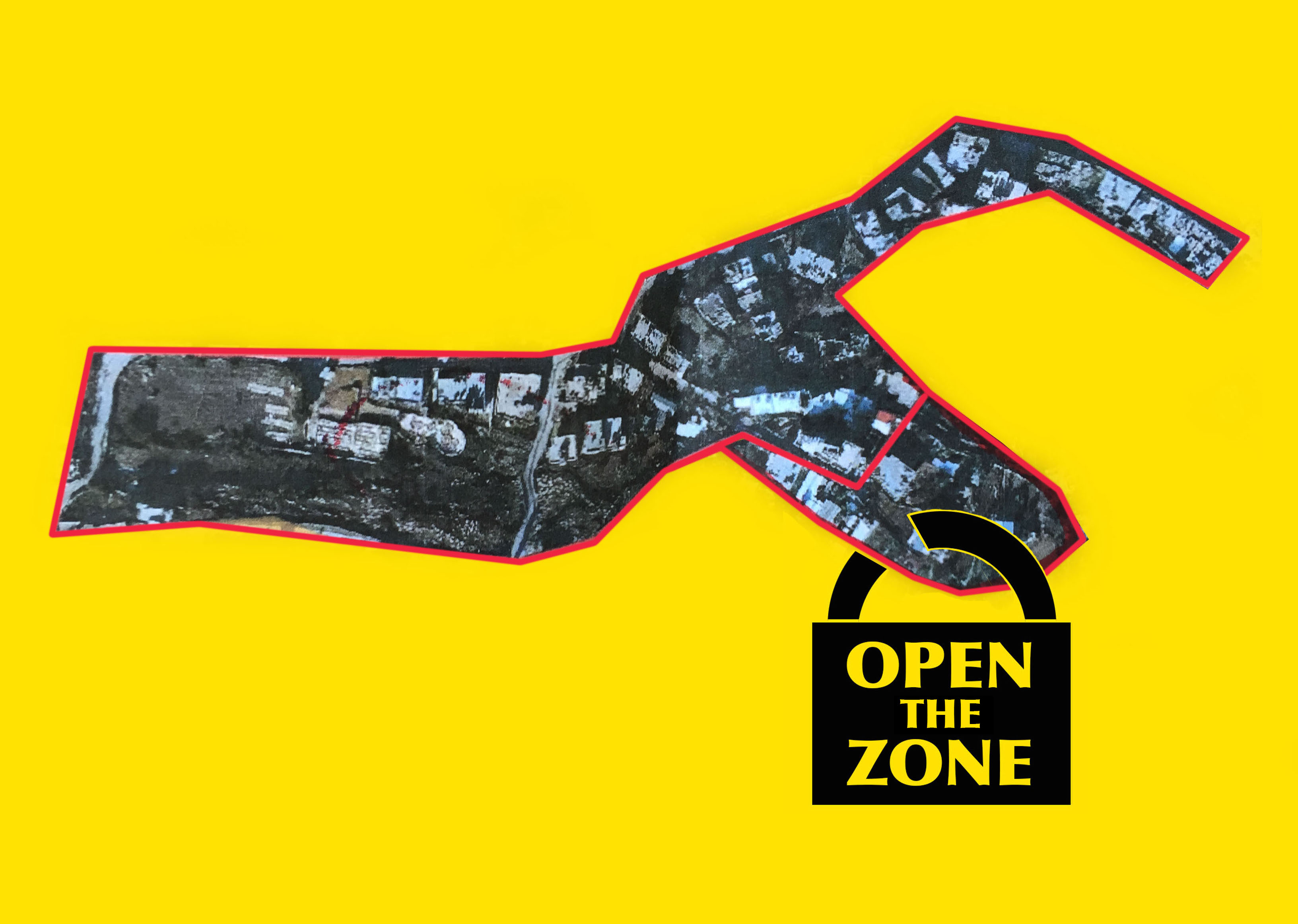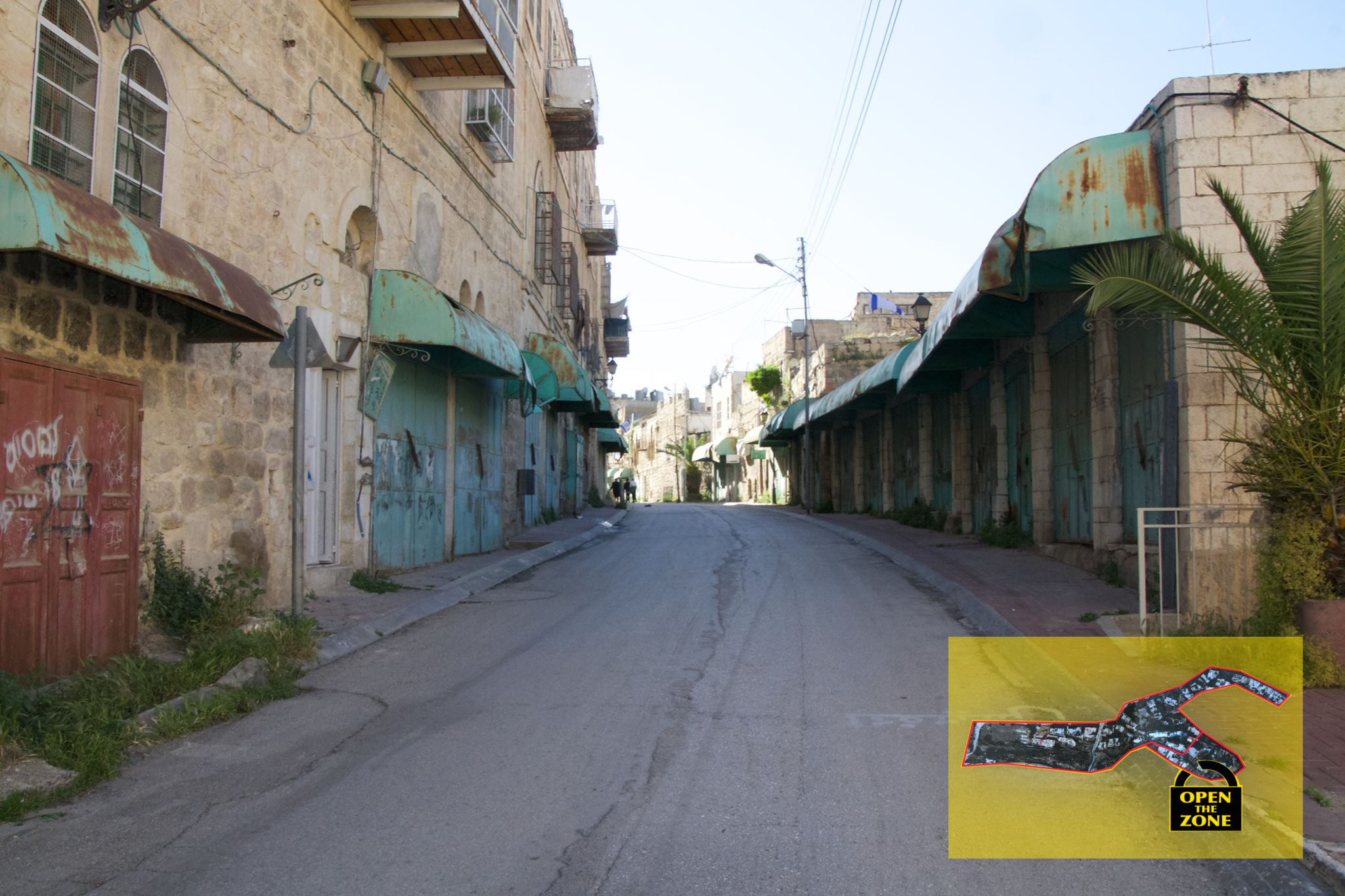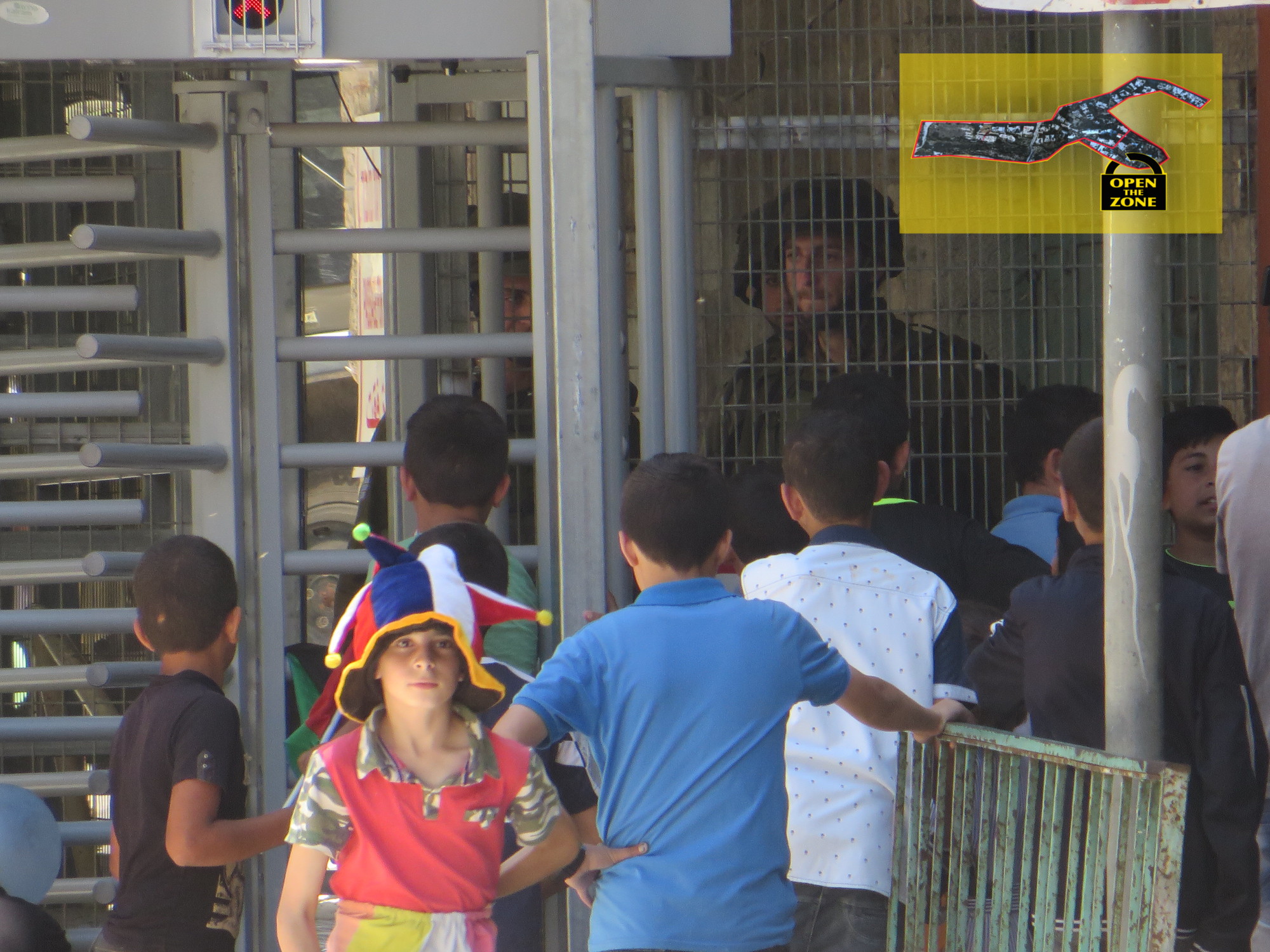Tag: Denial of Entry
-
An end to discrimination? Closed Military Zone in Hebron neighbourhood officially stopped
20 May 2016 | International Solidarity Movement, al-Khalil team | Hebron, occupied Palestine The closed military zone (CMZ) encompassing the Tel Rumeida neighbourhood and Shuhada Street in occupied al-Khalil has officially been lifted. According to the Israeli army spokesperson, the CMZ-order was not extended, now allowing some non-residents into the area. The International Solidarity Movement…
-
Al-Nakba day: The biggest crisis in the history of Palestine
15th May 2016 | International Solidarity Movement, al-Khalil team | Occupied Palestine Today, 68 years ago, the state of Israel was created on the Palestinian peoples’ home. The anniversary falls after a winter and spring with an escalation in violence and arrests of Palestinians, ever-expanding Israeli settlements in the West Bank and the Palestinian capital…
-
Open The Zone: press conference
13th May 2016 | Open the Zone campaign | Hebron, occupied Palestine On 12th May 2016, the Open the Zone campaign held a press conference in front of Shuahda checkpoint in Hebron – protesting the continuous collective punishment and denial of human rights to Palestinians in the ‘closed military zone’. The press conference was launched…



